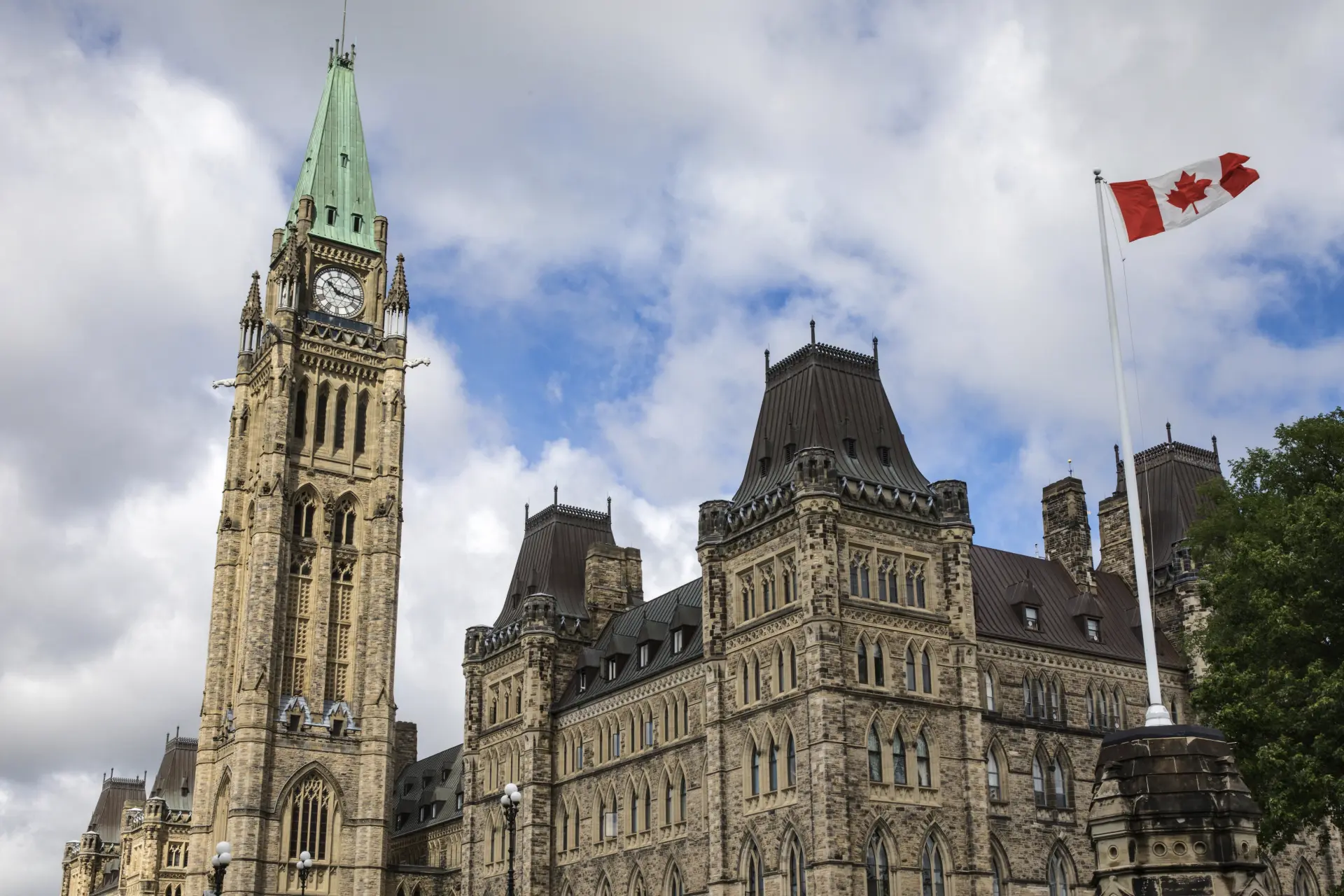Federal Government Tables Net-Zero Emissions Accountability

Today, Environment & Climate Change Minister Jonathan Wilkinson tabled legislation crafting the path to net-zero emissions in Canada by 2050. Bill C-12 is titled An Act Respecting Transparency and Accountability in Canada’s Efforts to Achieve Net-Zero Greenhouse Gas Emissions by the Year 2050.
Minister Wilkinson announced details of the legislation alongside Prime Minister Trudeau, Minister of Infrastructure and Communities Catherine McKenna and Minister of Canadian Heritage Steven Guilbeault. The legislation establishes a framework of accountability and transparency that lays out the groundwork to reaching net-zero emissions by 2050.
The Bill commits Canada to reach net-zero emissions by 2050 and sets out five-year emissions reduction targets starting in the year 2030. To reach those targets, the Government will lay out emission reduction plans outlining details on measures to reach those targets, along with progress reports to be tabled in Parliament. An advisory panel of experts will be appointed to counsel the government on measures to reach the five-year targets.
Minister Wilkinson noted that in the weeks ahead, the Government will be releasing details of its clean growth plan and unveiling measures to support investment to drive the green transformation of Canada’s economy.
Details on the legislation follows.
Emission Reduction Targets Beginning in 2030:
The Bill requires that national targets for the reduction of greenhouse gas emissions in Canada be set, with the objective of attaining net-zero emissions by 2050. The targets are to be set by the Minister of the Environment for 2030, 2035, 2040 and 2045.
The Bill does not set out a requirement for the five-year period ending in 2025. However, it would require that the Minister of Environment and Climate Change establish an emissions reduction plan for 2030 within six months after the Act comes into force. There is no mechanism within the Legislation that legally-binds the Government to reaching these targets.
Five-Year Emission Reduction Targets & Plans to Reach Them
The Legislation requires that an emissions reduction plan, a progress report and an assessment report with respect to each target be tabled in each House of Parliament. These Plans must contain:
- The greenhouse gas emissions target for the year to which the plan relates;
- A description of the key emissions reduction measures the Government of Canada intends to take to achieve the greenhouse gas emissions target;
- A description of any relevant sectoral strategies; and
- A description of emissions reduction strategies for federal government operations.
Advisory Panel on Additional Measures to Curve Emissions
The Bill would also establish an advisory body to provide the Minister of Environment and Climate Change with advice with respect to achieving net-zero emissions by 2050, including on measures and sectoral strategies that the Government of Canada could implement, and any matter referred to it by the Minister, and to conduct engagement activities related to achieving net-zero emissions. Minister Wilkinson noted that the Panel would be made up of 15 experts.
Accountability
The Bill would also require that the Minister of Finance prepare an annual report respecting key measures that the federal public administration has taken to manage its financial risks and opportunities related to climate change. As well, the Bill would require the Commissioner of the Environment and Sustainable Development to, at least once every five years, examine and report on the Government of Canada’s implementation of measures aimed at mitigating climate change.


